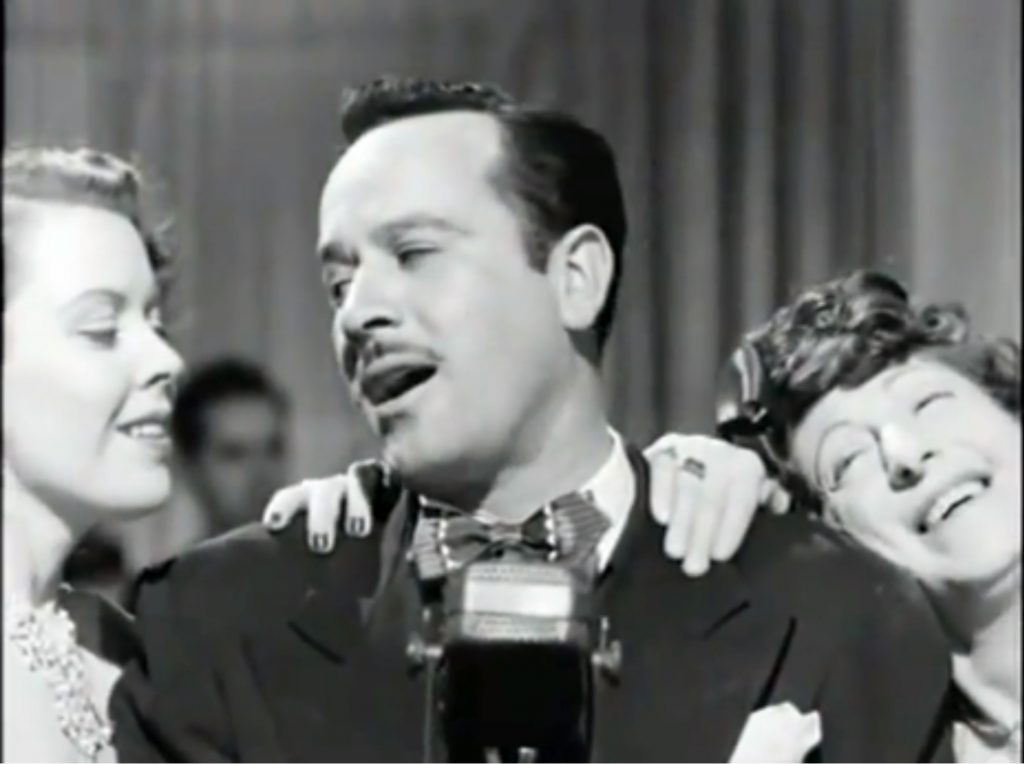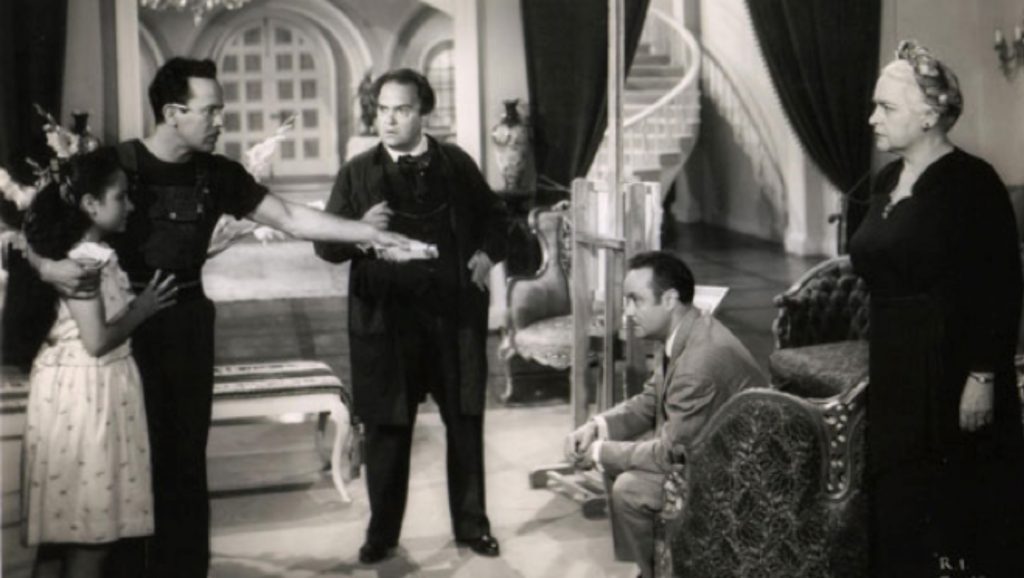
Since its introduction into popular culture at the turn of the nineteenth century, the popular Spanish-language song known as bolero has come to represent nostalgia, love, and sentimentalism. During the 1930s, 1940s, and 1950s, the bolero occupied a privileged status in the production and consumption of music in Mexico. Also during these decades, the development of a consumer society that began during the porfiriato[i] contributed to the creation and establishment of a new celebrity culture. Singers, actors, and producers seamlessly moved between realms of cultural production, often aided by the common theme of love and sentimentalism that the bolero provided. Bolero, a genre originally attributed to Cuban troubadours, has touched many shores. Its multinational production and consumption spanning many decades have defied scholars’ efforts to pinpoint it in one location or cultural group. Moreover, its transnational origins and development have linked the genre to concepts of modernity and cosmopolitanism. In this essay, however, I explore the bolero as a cultural artifact that voices social and political turmoil in the search for social justice. My interest in the subject is to subtract the social phenomenon of the bolero from grand narratives fixed in time and study it not only through the music but through the political and economic forces inflicted upon the people who produce and consume the music. With this in mind, I take three of the most important figures associated with the genre during the first half of the twentieth century—Guty Cárdenas, Agustín Lara, and Pedro Infante—in an attempt to show how bolero contributes to the establishment of cultural practices that simultaneously denounce economic struggle, perpetuate the discourse, and provide symbolic and economic capital.
Bolero, like many other musics from the beginning of the twentieth century, has not been exempt from attempts to rationalize it under grand narratives of modernism, cosmopolitanism, and nationalism.[ii] Scholars from a wide array of disciplines (literature, sociology, and anthropology) have framed the music within these identitary processes, exploring the musical exchanges between different countries or considering the social shifting fueled by urban development during the first half of the twentieth century and the development of a consumer society.[iii] Furthermore, bolero has captured the interest of researchers mostly as an expression whose origins, development, and relevance took place from the turn of the twentieth century until mid twentieth-century Mexico.[iv]

As grand narratives go, particularly those that explore and criticize political and economic aspects of social life and highlight the injustice inflicted upon the vulnerable sector of society, there is an understandable tendency to start from Marxist approaches and the binaries that stem from them, such as rich vs. poor or bourgeoisie vs. proletarian. In this essay, however, I not only consider the divisions among Mexican society but the dynamism on which culture and music operate, on what anthropologist Michael Herzfeld has called a cultural engagement, “a more processual term than the static culture,” which avoids a simplistic approach of elites and ordinary people and which obscures complex processes of creative cooptation in economic, political, and administrative practices (Herzfeld 2005:3). Therefore, I place the music and its connections with economic and political aspects of social life in a complex dialectic web of exchanges, negotiations, and adaptations within what Bourdieu called the universe of class relations, particularly those between the field of power (The Nation-State) and the field of cultural production (Bourdieu 1993:37). I do so, however, fully aware that by simply writing about “The State” as a crucial element of the failures and miseries of people, I “participate through their [my] very discontent in the validation of the nation-state as the central legitimating authority in their [our] lives” (Herzfeld 2005:2). Few, however, would disagree that The State, socially constructed, imagined, legitimated or not, exists as a repressive apparatus designed to enable the ruling classes and to ensure the domination over the working class (Althusser 2006:91), and which—in the case of Mexico—continues to perpetrate injustices and crimes against its citizens through The State apparatus.[v] In doing so, the violence exercised and practiced against and among Mexican people has been not only physical, but also emotional, symbolic, and ideological. Louis Althusser remind us that state violence is not only evident through the repressive state apparatus (the army, police, court system, etc.) but through the ideological state apparatuses (the religious,the educational, the family, the legal,the political, the trade-union, the communications, the cultural [my emphasis] (Althusser 2006:92). Furthermore, and taking Bourdieu’s analysis of class relations, the field of cultural production lies and aligns squarely within the field of power providing a close connection between state violence, powerful ideologies, and cultural production…